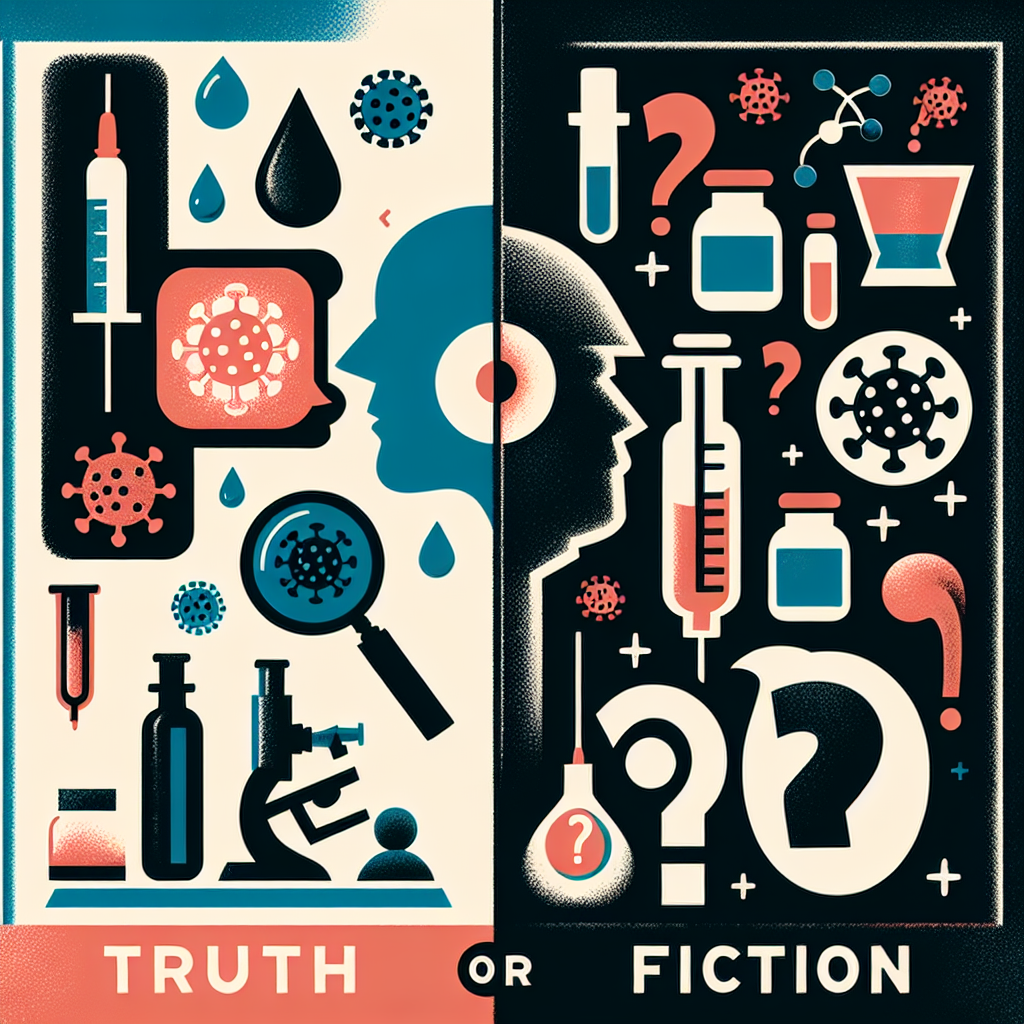Understanding Vaccines: A Science-Based Perspective
Vaccines have become a topic of heated debate, sparking countless myths and misconceptions. To thoroughly unravel the question, “Are vaccines a government scheme?” it’s crucial to approach the discussion with factual information, scientific evidence, and an understanding of historical and social contexts.
The Historical Context of Vaccination
Vaccination is not a modern invention. Edward Jenner introduced the first smallpox vaccine in 1796. Since then, vaccines have played a crucial role in eradicating diseases. Polio, for instance, was once a common and feared illness, but widespread vaccination has led to its near-eradication in many parts of the world. This historical success underscores the essential role of vaccines in public health, independent of any governmental motives.
Government Involvement in Vaccination Programs
Governments at various levels have historically played a role in public health initiatives, which include vaccination programs. It’s important to recognize that these programs are often established to protect public health, reduce disease prevalence, and minimize healthcare costs associated with epidemics.
Myths Surrounding Government Vaccination Programs
-
Vaccines Are a Form of Social Control
One prevalent myth is that vaccination programs are a form of social control. While it’s true that public health initiatives require cooperation from the populace, the intent is to protect collective well-being—particularly those who are vulnerable, such as infants and the immunocompromised. -
Vaccines Are Designed for Profit
Another argument claims that pharmaceutical companies are the true benefactors of vaccination programs. While pharmaceutical companies do profit from vaccine sales, establishing vaccines involves significant research and development costs, mandated safety and efficacy trials, and government regulation. The public health benefits far outweigh the financial gains for these companies. -
Mandating Vaccinations Is Unconstitutional
Some opponents argue that mandated vaccinations violate personal freedoms. In actuality, many governmental public health measures exist to counter public health threats based on the principle of protecting the majority. Historical precedents, such as the Supreme Court case Jacobson v. Massachusetts (1905), uphold the state’s right to mandate vaccinations in the interest of public health.
Debunking Common Misconceptions
-
Vaccines Contain Harmful Ingredients
One frequently cited myth concerns the ingredients in vaccines, including preservatives like thimerosal and adjuvants like aluminum. Extensive research has shown that the levels of these ingredients are safe and effective. Regulatory agencies, such as the CDC and WHO, continuously monitor vaccine safety to ensure public safety. -
Vaccines Cause Autism
Perhaps the most infamous myth is the link between vaccines and autism, stemming from a fraudulent study published in 1998. Numerous subsequent studies have found no connection between vaccination and autism, highlighting that this myth has been definitively debunked by scientific consensus. -
Immunization Is Natural; Vaccination Is Not
Some argue that natural immunity is superior to vaccine-induced immunity. While natural immunity might provide robust protection against infection, it comes with the risk of severe disease and complications. Vaccines provide a safe alternative, allowing the immune system to build a defense without inducing disease.
The Role of Government in Vaccine Distribution
Governments are not merely involved in the promotion of vaccines; they also play a crucial role in their distribution. Through immunization programs, governments ensure accessibility, particularly to underprivileged communities, effectively combating health disparities. Countries with strong governmental vaccination programs experience fewer outbreaks of vaccine-preventable diseases.
Political Influence and Misinformation
In our increasingly polarized environment, misinformation about vaccines can easily spread through social media and other platforms. Political agendas may influence public opinion on vaccines, resulting in a vaccine hesitancy that not only jeopardizes individual health but also public safety, particularly herd immunity.
The Importance of Herd Immunity
Herd immunity occurs when a significant portion of a population is immunized against a disease, making its spread unlikely. Lower vaccination rates can lead to outbreaks, threatening those unable to receive vaccinations due to medical conditions. Government vaccination programs aim to achieve herd immunity, protecting the community’s most vulnerable populations.
Understanding Vaccine Development and Approval
The development and approval of vaccines involve rigorous scientific processes overseen by a combination of governmental and independent regulatory bodies. Multiple phases of clinical trials assess vaccine safety and efficacy before they reach the market. This transparent process ensures public trust in vaccines, which can be easily misunderstood by those skeptical of government operations.
Conclusion on Vaccines and Government Interaction
While vaccines are often perceived through a political lens, the fundamental purpose remains public health and safety, independent of any presumed ulterior motives from governments. The amalgamation of myth, fear, and misinformation can obscure the critical benefits that vaccination provides to communities across the globe.
Encouraging Informed Decision-Making
Empowering individuals to make informed decisions about vaccination is essential. Critically evaluating information from reputable sources—like the CDC, WHO, and peer-reviewed journals—can help dispel myths. Engaging in open dialogues with healthcare professionals can also support informed health choices.
The Future of Vaccination and Public Health
As we navigate through emerging infectious diseases and changing landscapes, the role of vaccines will undeniably remain pivotal. Understanding vaccines’ benefits and dispelling myths encourages collective engagement in future public health efforts, ensuring a healthier tomorrow.
By addressing fears and misconceptions, the public can better appreciate vaccines’ role in health preservation and disease prevention and contribute to a more informed and healthier community.











Leave a Reply